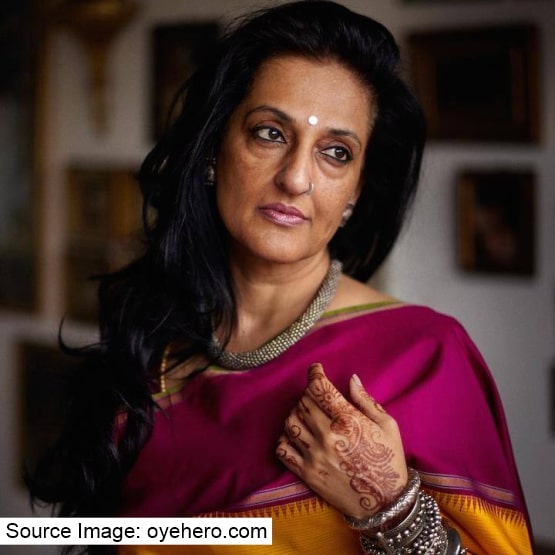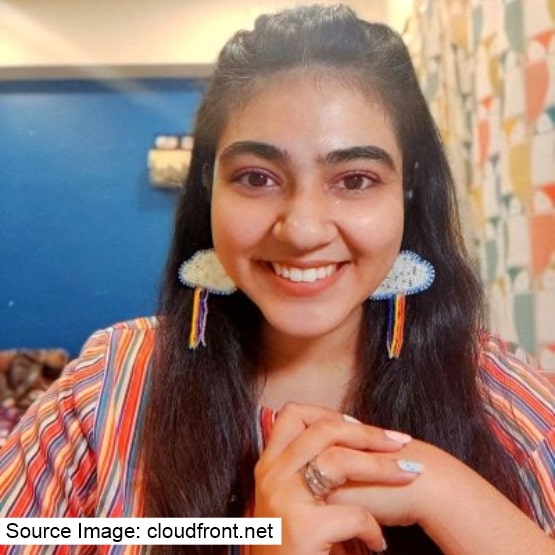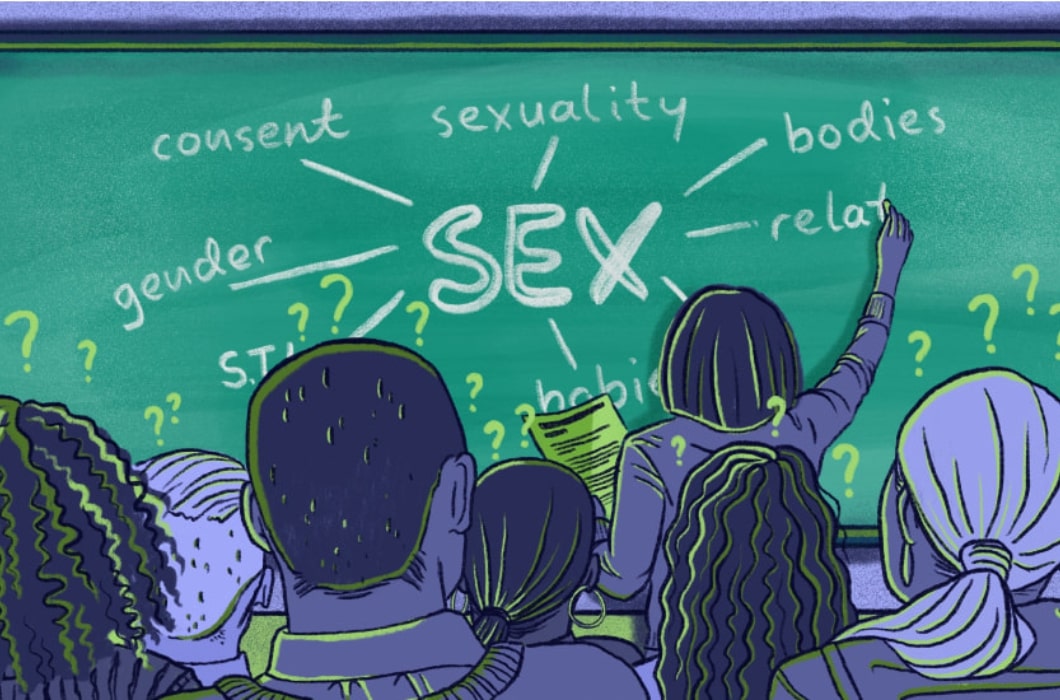Shows like Sex Education and Easy are dominating our playlists on streaming platforms like Netflix. Masturbation and nocturnal emissions are common issues in adolescence. But they are not given attention due to prejudices about sex education. Many people think that teaching children sex education is equal to permitting them to engage in sexual intercourse, which is not true. Society cannot leave educating the children about sex to the streets or the internet. It will brainwash the kid’s mind with incomplete knowledge and set sexual standard values. There is no concept of sex education in our schools. Recently our film certification board was eager to shoot down almost any film where a woman is in control of her sexuality.
Thanks to the emergence of sex-positive influencers on social media platforms. The mindset is slowly and gradually being altered. From sex education to understanding the human reproductive body, menstruation, pleasure, sexual health, and even about your rights as an LGBTQ+, these learned individuals have answered the questions we are frequently shy to ask.
Here are five top sex-positive influencers who are normalizing conversations around sex.
Dr. Seema Anand

Seema Anand is a mythologist, storyteller, and the author of the book 'The Arts of Seduction'. Her TED talk on YouTube has been viewed more than 8 million times. She has studied Kama Shastras for twenty years. Studying deeper about pleasure and sensuality made her realize that what we are taught to view as 'sinful' is actually highly empowering. Anand says, "India’s attitude towards sex has changed from a joyous pleasurable experience to one of domination and repression a long time ago. As long as sex was the privilege and pleasure of the man it was fine. After all, ‘boys will be boys’. If it was violent (as in rape), then she was asking for it." She proclaims that we do talk about sex constantly. But mostly in the form of dirty jokes and whispers. We think that telling crude jokes makes us ‘modern’, and coarse conversation can pass off as seduction. But the moment one tries to speak about desire or pleasure seriously, it becomes taboo. Every chapter in her book has an advice section. It breaks down the confusing structure of the ancient text into suggestions that can be easily followed. Whether your interest is purely academic, you want to explore the myths and stories, or whether you want a different narrative to pass on to your children. It is up to you. In her words, “It’s time to change the story.”
Leeza Mangaldas

Leeza Mangaldas created her platforms around YouTube and Instagram in 2017 with an aim to normalize conversations around sex, sexual health, gender, and the body with a specific focus on girls and pleasure. She is one of the first few women in India to create sex-positive content online. She says, "Sex is a topic around which there is a lot of silence and shame, especially in the Indian context, so I felt that I would like to do something to normalize these much-needed conversations."
The lack of information and the problems surrounding the purchase of contraceptives made her realize the importance of sex education. “Many people wrongly believe that sex education will ‘corrupt’ their kids. But the fact is that young people who have access to comprehensive sex education are more likely to delay having sex, and less likely to take risks with their own or another person’s health and safety,” she says. When asked about what should be included while giving a child the sex talk, Leeza pointed out that it is not a one-off conversation. Your child should feel safe enough to come to you with questions whenever they have any. Parents should inform their children of the scientific terms for their genitals. “We teach kids words like nose and stomach and knee and ankle so that they can learn about their bodies, so why do we teach them substitutes for their genitals? Penis and vagina are just the anatomically sound names for those parts of our bodies,” she adds. The embarrassment surrounding biological terms could instill a sense of shame in the child about their anatomy. It is their body and they deserve to know what’s what. Should you save yourself for marriage? What is performative sex? What's the best method of birth control? These are only some of the questions that she asks and answers to encourage meaningful conversations about self-esteem, dating, sexuality, mental health, and consent.
Dr. Tanaya Narendra

Dr. Tanaya Narendra, popularly known as dr_cuterus on Instagram, is a physician and embryologist. She uses her Instagram page to stir conversations around health and sexuality, fertility-related information, busting sex myths, and awareness about reproductive health and menstruation. Her account also enlightens you about the various sexual organs, common conditions like PCOS, and the HPV vaccine which helps prevent cervical cancer. She presents the shocking information by pointing out that many menstruators do not know that they urinate and menstruate from different orifices. She says, “Both my parents are fertility specialists. We’ve always had open discussions about sex and sexual health in my house, making things relatively easier. Understanding my body was part and parcel of my upbringing. Instead of saying I’m itching ‘down there', I would say I have itchiness on my vulva.” Social media made her aware of how the interdependence of gender, caste, sex, sexuality, and religion impact an individual’s experiences, including their access to healthcare and data. After viewing her content, a significant part of her audience got the HPV vaccine. Furthermore, over 300 people who menstruate have started using a menstrual cup with her guidance. “I stopped counting after 300!” she exclaims.
Karishma Swarup

Karishma Swarup is an award-winning sexuality educator and social media influencer. She strives to create sexual health awareness and erase the stigma around sex education through her page called ‘Talk You Never Got’. Karishma points out that in India we do not have a standardized sex education curriculum that is used across schools. A lot of people have misconceptions about what sex education means. People seem to think that talking about biology pieces that they studied might be considered sex education. But in reality, sex education is so much more than that. As she quotes, "Sex education involves biology but in the context of understanding anatomy. Not the teacher being like, oh! This is out of the syllabus." It is about discussing what are your body parts? How do those body parts function?” She further elaborates on sexual health that involves contraceptives. How condoms work and how to prevent STI transmissions. "You cannot have any conversation about sex without talking about consent. Consent is something that we talk about in the context of abuse. Not necessarily in the context of teaching people what is the correct way of having a healthy relationship. What is the correct way to ask for consent in a certain situation," she adds.
Dr. Sakshi Tickoo

Get in touch with these sex-positive influencers and learn the right way to provide sex education to your children. Parents need to know that sex education does not promote having sex. Knowing about their sexuality gives children a better understanding and productive mindset. But somehow children acquire this inappropriate knowledge from their peers and the internet. Thus, parents should take the initiative to give their children proper Sex education from a young age and continue the education as the child grows. This also creates a sense of security between the child and the parents. Having an open conversation with boys and girls together in schools can eliminate the stigma and mystery of the topic. It can make children openly talk about the other trials of adolescence such as anxiety, depression, use of drugs, alcohol as well as sexual issues with their parents.
SEX does not have to be taboo anymore!
